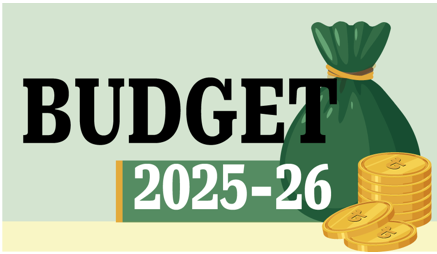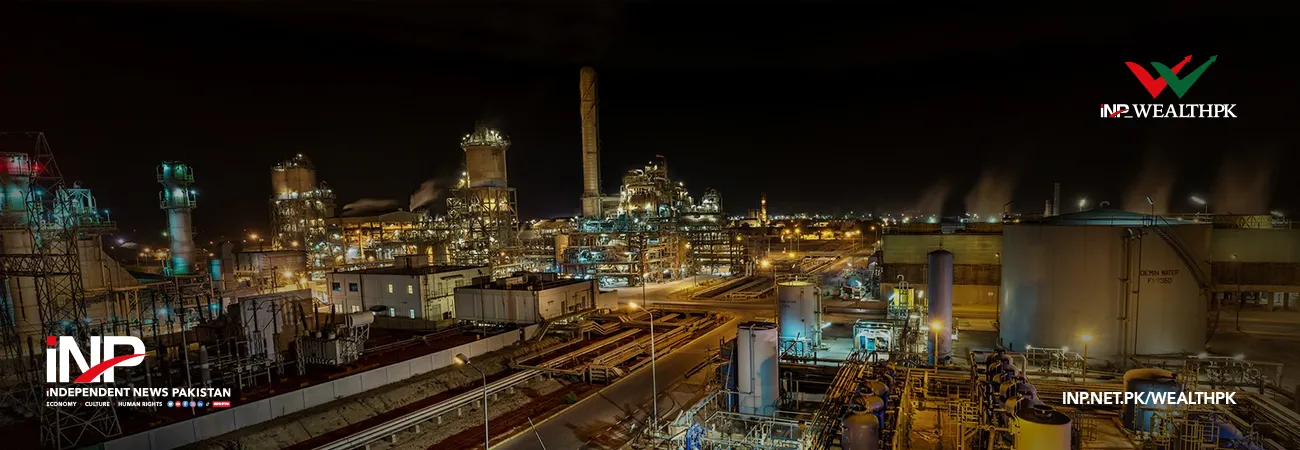آئی این پی ویلتھ پی کے
Ahmed Khan Malik
Small and medium enterprises (SMEs) in Sindh have expressed deep disappointment over the provincial budget’s scant attention to their sector, terming the Rs500 million allocation ‘peanuts’ in light of the pressing demand for growth‑focused support.

The budget earmarked Rs 500 million for SME development — a figure branded insufficient by Marghoob Siddiqui, Secretary General of the Hyderabad SMEs Association.
Talking to WealthPK, he said, “This amount contributes nothing to the sector’s development,” adding, “The SMEs currently face financial constraints, outdated technology, bureaucratic hurdles, and a lack of innovation.”
Small and medium enterprises are central to Pakistan’s economy, accounting for 90% of private businesses, contributing nearly 40% to the GDP, and employing 80% of the non-agricultural workforce. In Sindh, however, the sector’s potential is stunted by high interest rates, tax burdens, excessive utility costs, and an unfavourable regulatory environment.

The SME operators across Sindh voiced skepticism. The sector’s current challenges — from financial access and regulatory red tape to stagnant infrastructure — are insufficiently addressed. Without major tax breaks, deep utility subsidies, and credit access, the SMEs face further deceleration, raising fears of closures and job losses.
The SME zone bodies in Karachi, including North Karachi Association of Trade and Industry (NKATI) and Federal B Area Association of Trade and Industries (FBATI), have reported extreme strain from rising costs —electricity, gas, water, rent, logistic premiums — and daily corruption in interactions with over 60 government agencies.
President of FBATI Sheikh Muhammad Tehseen highlighted that these pressures, coupled with poor infrastructure and increasing street crimes, are throttling productive activity. Siddiqui urged the Sindh government to institute a “one‑window” system to drastically simplify registration, tax compliance, and permit procedures. "We want relief in the form of tax adjustments, lower interest rates, energy subsidies, and access to affordable credit lines.”
He said the SMEs′ representative bodies have specifically requested tax breaks and exemption from the provincial sales tax and excise duties as well as subsidized electricity and gas tariffs, particularly for export-oriented production and simplified regulations. Besides, low‑interest credit provided through the state‑backed or Islamic financing mechanisms has also been sought.
Officials, however, contend that the modest allocation reflects caution, citing past under‑utilization of provincial funds. Nadeem Hussain from the Industries Department clarified that if the current Rs500 million was fully utilized, the budget could be increased in subsequent revisions. He said the budget included trade-friendly initiatives such as utility rebates, tax exemptions for smaller units, credit facilitation, and infrastructure improvements across Karachi, Hyderabad, Sukkur, and Larkana.
Credit: INP-WealthPk











